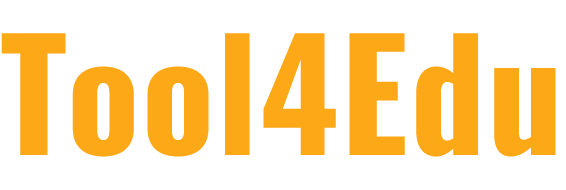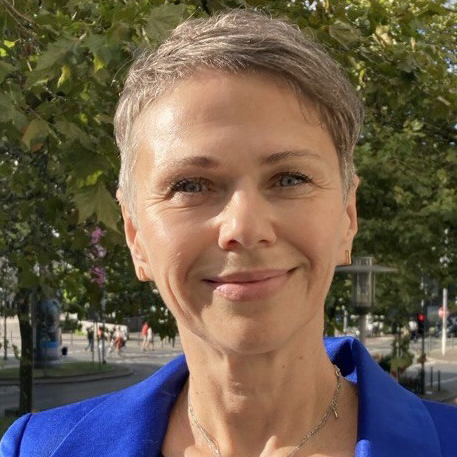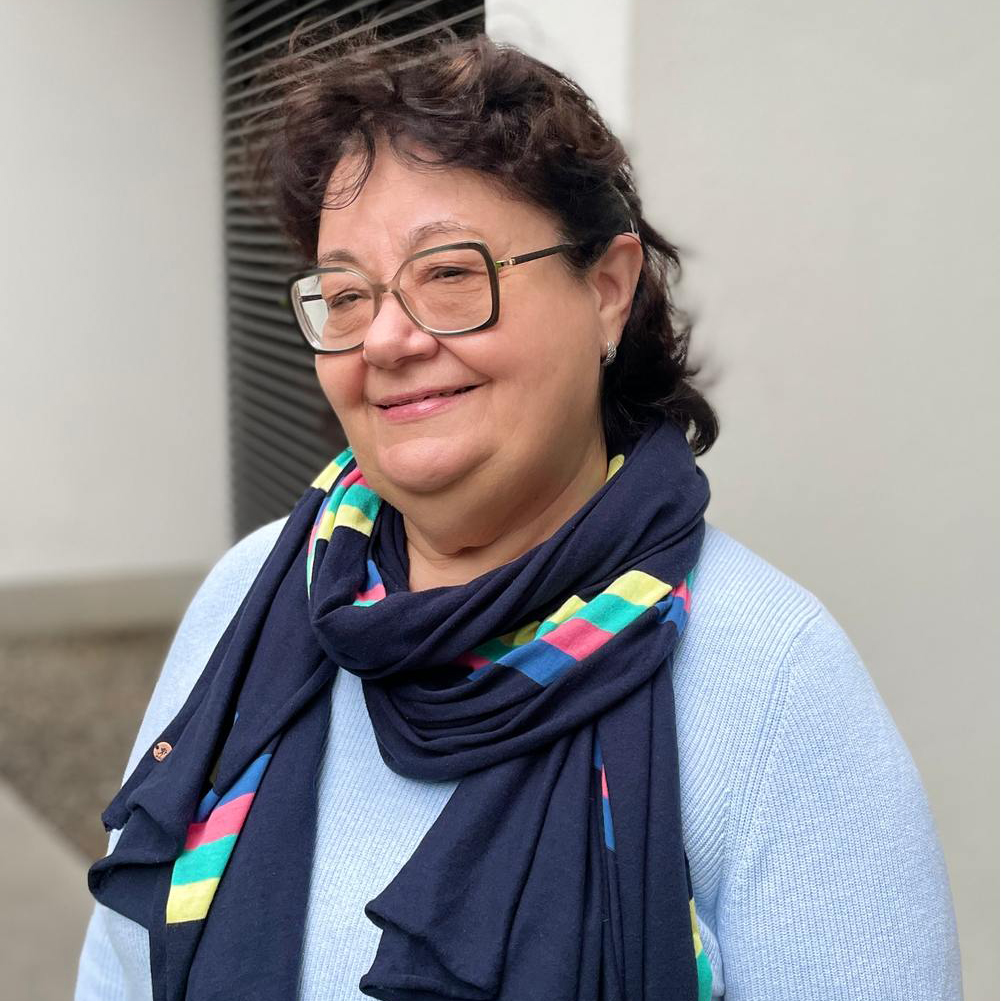What is a Project?
The tool for quality self-assessment of online educational services in non-formal adult education (referred to as the Tool) is an experimental development addressed to providers and organizers of educational programs of various application and complexity degree. The Tool was developed in 2024 by a team of experts. It includes a methodological model of online educational services and a checklist for autonomous use by providers of non-formal adult education.
The Tool was developed in response to the modern challenges faced by providers of services in non-formal adult education, both in Belarus and around the world. The challenges were the following:
- The 2020 Belarusian socio-political events and the subsequent reaction of the authorities to them, which had an impact on the state of non-formal adult education in Belarus (especially in the non-profit sector and other sectors as well) through punitive measures against educators, the dissolution of providers and tightening of the activity framework conditions.
- The COVID-19 pandemic and subsequent isolation measures that caused the rapid growth of online services in non-formal adult education.
These significant changes have affected the educational service quality, the providers’ competencies, and the ability of providers to unite to achieve shared goals in non-formal adult education.





